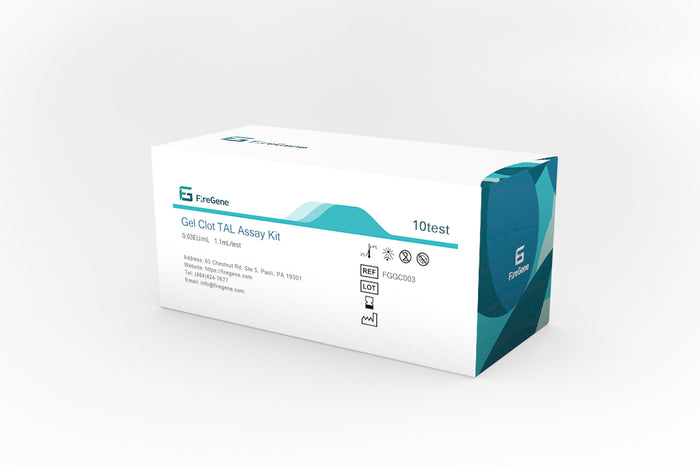
html
Endotoxin Detection with Gel Clot Test Kit
Endotoxins, also known as lipopolysaccharides (LPS), are harmful substances found in the outer membrane of Gram-negative bacteria. Their presence in pharmaceuticals, medical devices, or water systems can pose serious health risks. Accurate detection of endotoxins is crucial to ensure product safety and compliance with regulatory standards. One of the most reliable methods for endotoxin detection is the Gel Clot Endotoxin Test Kit.
What is the Gel Clot Endotoxin Test Kit?
The Gel Clot Endotoxin Test Kit is a qualitative or semi-quantitative assay that detects endotoxins based on the clotting reaction of horseshoe crab (Limulus polyphemus) amebocyte lysate (LAL). When endotoxins come into contact with LAL, they trigger a series of enzymatic reactions that result in the formation of a gel clot. This reaction is highly sensitive and specific to endotoxins, making it a gold standard for endotoxin testing.
How Does the Gel Clot Test Work?
The test involves the following steps:
- Sample Preparation: The sample is diluted to ensure it falls within the detection range of the test.
- Reaction Setup: The diluted sample is mixed with LAL reagent in a test tube.
- Incubation: The mixture is incubated at a controlled temperature (typically 37°C) for a specified time (usually 60 minutes).
- Result Interpretation: After incubation, the tube is inverted to check for clot formation. A firm gel clot indicates the presence of endotoxins above the detection limit.
Advantages of the Gel Clot Endotoxin Test Kit
- High Sensitivity: Capable of detecting endotoxin levels as low as 0.03 EU/mL.
- Simplicity: Requires minimal equipment and technical expertise.
- Cost-Effective: More affordable compared to other endotoxin detection methods like chromogenic or turbidimetric assays.
- Regulatory Compliance: Meets the requirements of pharmacopeial standards such as USP, EP, and JP.
Keyword: Gel Clot Endotoxin Test Kit
Applications of the Gel Clot Test Kit
The Gel Clot Endotoxin Test Kit is widely used in various industries, including:
- Pharmaceuticals: Testing injectable drugs, vaccines, and medical devices for endotoxin contamination.
- Biotechnology: Ensuring the safety of biologics and recombinant proteins.
- Water Quality Monitoring: Detecting endotoxins in dialysis water and other critical water systems.
Conclusion
The Gel Clot Endotoxin Test Kit remains a trusted method for endotoxin detection due to its reliability, simplicity, and cost-effectiveness. Whether in pharmaceuticals, biotechnology, or water testing, this kit provides a robust solution for ensuring product safety and regulatory compliance. By leveraging the natural clotting mechanism of horseshoe crab blood, the gel clot test continues to play a vital role in safeguarding public health.